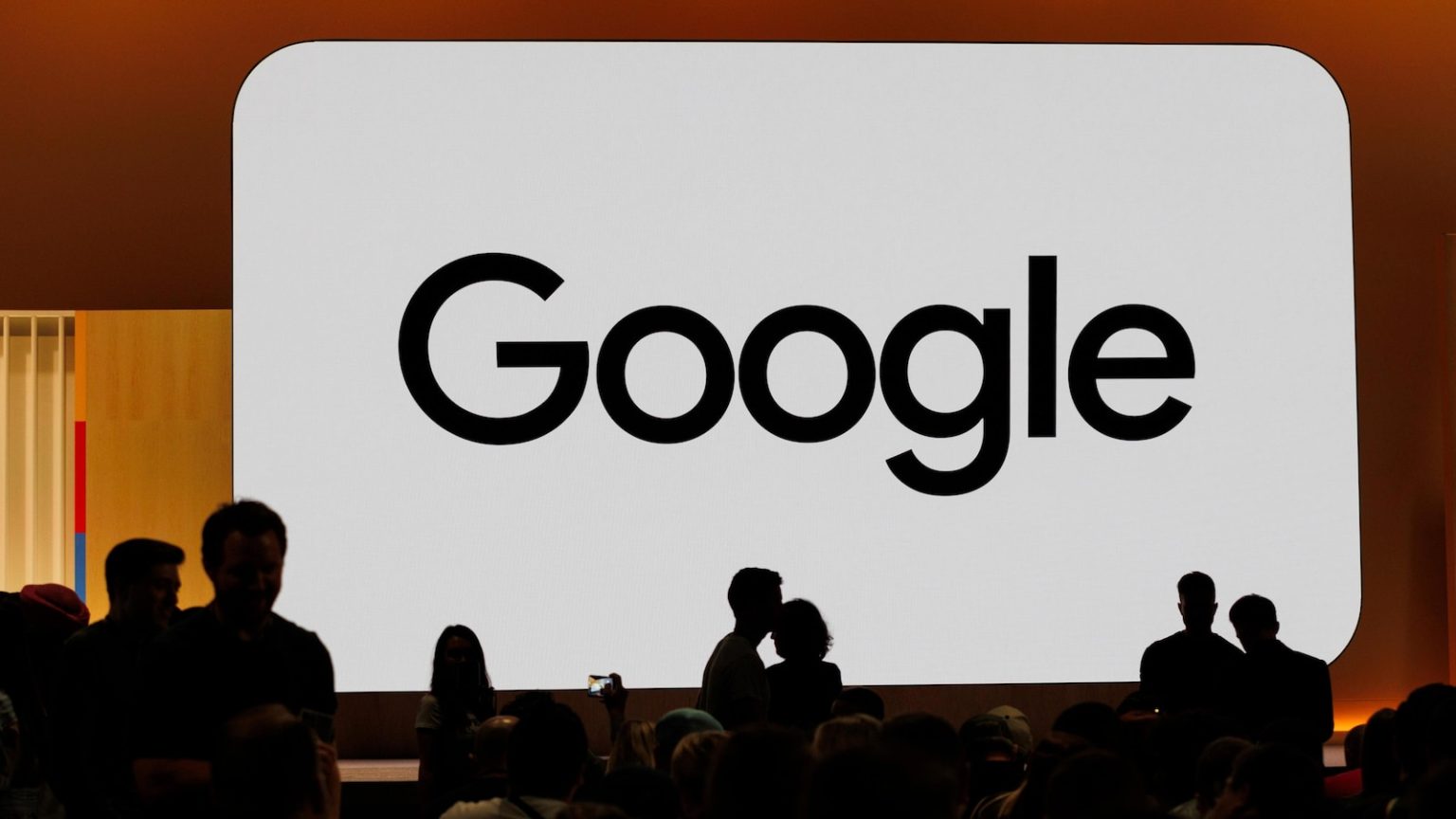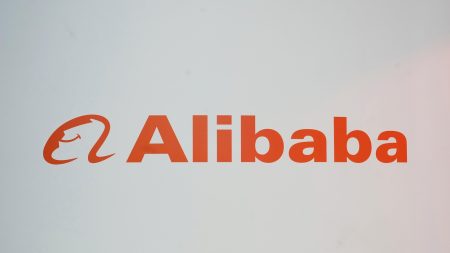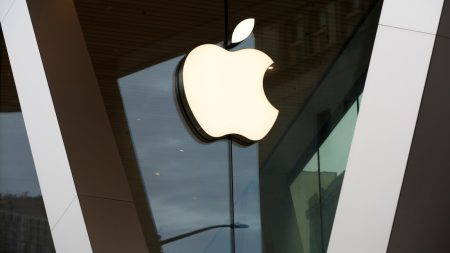The Shift in Diversity Hiring Targets: A New Era for Corporate DEI Policies
A Shift in Priorities: Google and Beyond
In a significant move, Google has decided to scale back its diversity, equity, and inclusion (DEI) hiring targets, joining a growing list of U.S. companies that are either abandoning or reducing their DEI initiatives. This change was communicated to employees via an email and reflected in Alphabet’s annual 10-K report filed with the Securities and Exchange Commission. The report no longer includes a previous statement emphasizing Google’s commitment to making DEI a part of everything it does. This shift comes amid broader pressure from the Trump administration, particularly through an executive order aimed at influencing government contractors to dismantle their DEI programs.
As a major federal contractor, Google’s cloud division and artificial intelligence initiatives rely heavily on government partnerships. The company, which contributes the vast majority of Alphabet’s $350 billion annual revenue and employs nearly all of its 183,000 global workforce, has stated that it remains committed to creating an inclusive workplace. However, it is now reevaluating its DEI programs in response to recent court decisions and executive orders.
The Trump Administration’s Influence and the Ripple Effect
President Donald Trump’s executive order has played a pivotal role in this shift. The order threatens financial sanctions against federal contractors with DEI programs deemed “illegal” or discriminatory, potentially exposing companies to massive damages under the False Claims Act. This has created significant uncertainty for businesses, as the administration has not clearly defined which DEI policies it considers illegal.
The order also directs federal agencies to investigate companies with DEI policies that may constitute “illegal discrimination or preference.” This broad mandate has left companies scrambling to adjust their practices to avoid legal repercussions. The fear of penalties has led many organizations, including tech giants like Meta and Amazon, to halt or modify their DEI initiatives. Meta, for instance, ended its DEI program shortly before Trump’s inauguration, while Amazon paused some of its programs following Trump’s election in December.
Google’s Diversity Journey and Its Halt
Google’s decision to revise its DEI goals marks a turning point for a company that has long championed diversity and inclusion. Over the past decade, Google has actively sought to increase representation of underrepresented groups in its workforce, particularly after the police killing of George Floyd in 2020. CEO Sundar Pichai set an ambitious target to boost the representation of underrepresented groups in leadership by 30% by 2025.
While Google has made some progress—Black representation in leadership rose from 2.6% in 2020 to 5.1% last year, and Hispanic representation increased from 3.7% to 4.3%—the overall diversity of its workforce remains limited. Black employees make up just 5.7% of the company’s global workforce, while Hispanic employees account for 7.5%. Women in leadership roles have seen more significant gains, rising from 26.7% to 32.8% over the same period. Despite these efforts, Google’s leadership ranks remain predominantly Asian and white, underscoring the challenges of achieving meaningful diversity in the tech industry.
The Domino Effect Across Industries
Google is not alone in this shift. Companies across various industries, including Walt Disney Co., McDonald’s, Ford, Walmart, Target, Lowe’s, and John Deere, have also scaled back their DEI initiatives. This trend reflects the broader impact of the Trump administration’s policies and the growing uncertainty surrounding DEI programs.
The rollback of DEI initiatives extends beyond hiring practices, affecting areas such as anti-discrimination training, pay equity studies, and efforts to recruit minority groups and women. These programs, which were once seen as essential for fostering an inclusive workplace, are now being reevaluated in light of potential legal and financial risks.
The Uncertain Future of DEI
The future of DEI programs in corporate America remains uncertain. While some companies may continue to prioritize diversity and inclusion, others are likely to follow Google’s lead, citing legal and financial concerns. The Trump administration’s aggressive stance on DEI has created a challenging environment for businesses seeking to balance compliance with their commitment to social justice.
The impact of these changes on workplace diversity and inclusion could be significant. DEI programs have played a crucial role in promoting equity and addressing systemic biases within organizations. Without these initiatives, companies may struggle to attract and retain a diverse workforce, potentially undermining their long-term success in an increasingly global and competitive market.
Balancing Compliance with Corporate Values
As companies navigate this new landscape, they face a difficult balancing act. On one hand, they must comply with federal regulations and avoid potential penalties tied to DEI programs. On the other hand, they must uphold their commitments to diversity, equity, and inclusion, which are often central to their corporate values and branding.
For Google and other companies, this may mean reimagining their DEI initiatives in ways that align with the current legal framework while still promoting diversity and inclusion. It could also involve advocating for clearer guidance from the government on what constitutes permissible DEI practices. Ultimately, the ability of companies to maintain their commitment to diversity while complying with federal mandates will depend on their creativity, resilience, and advocacy in the face of uncertainty.
In conclusion, the rollback of DEI programs by Google and other companies highlights the profound impact of political and legal developments on corporate practices. As the landscape continues to evolve, businesses must find innovative ways to uphold their values while navigating the regulatory challenges ahead.















